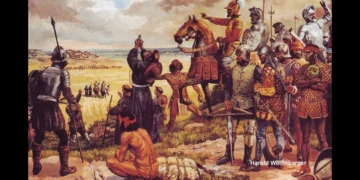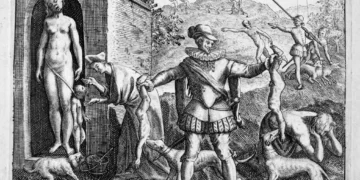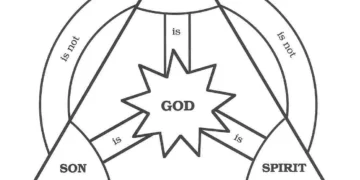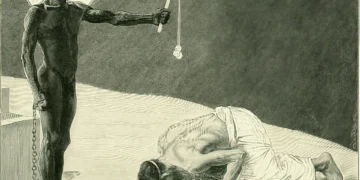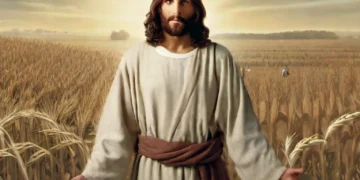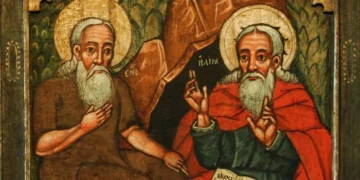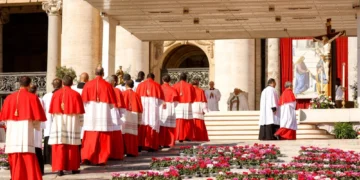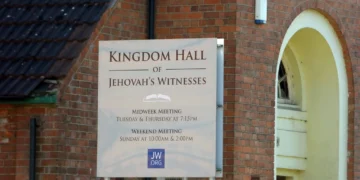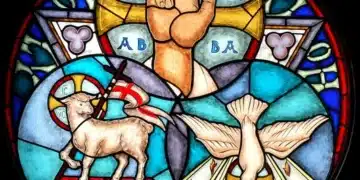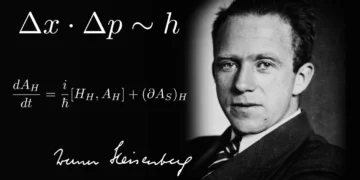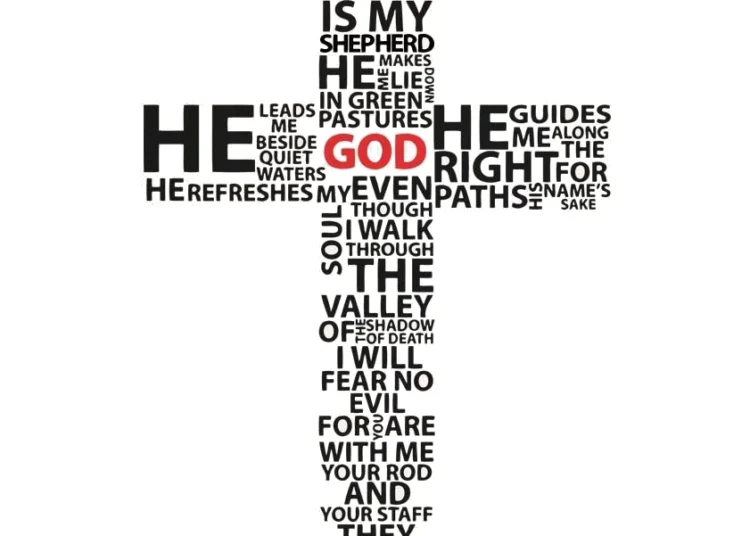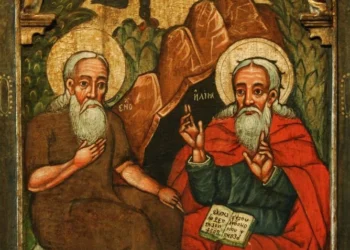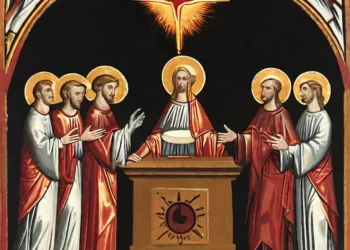Language is a powerful tool that has the ability to connect people, bridge cultures, and convey thoughts and emotions. And just like everything else in the world, it too has changed and evolved over time. The English language, in particular, has undergone a drastic transformation over the last 1000 years. From its Old English roots to its modern-day form, the changes are evident and can be traced through various pieces of literature. One such example is the famous Psalm 23, which has been translated and adapted over the centuries, reflecting the ever-changing nature of the English language.
Psalm 23 in Old English
Psalm 23, also known as the Shepherd’s Psalm, is a beloved passage from the Bible that has been a source of comfort, inspiration, and reflection for many. It is a perfect guide to explore the evolution of the English language, as it has been translated into the language multiple times throughout history.
Let us first delve into its origins and examine how it was originally written in Old English, a language used between the 5th and 12th centuries. The Old English version of Psalm 23 reads:
“Drihten is mín Hyrde; ne sceal me naht drígest, on saele him ofer fætede ic faest lycce,”
which translates to “The Lord is my Shepherd, I shall not want. In fields of peace he sets me down, full clear.”
Psalm 23 in Middle English
As we move on to the Middle English version, used between the 12th and 15th centuries, we can see a significant shift in the language. It reads:
“Oure Lord gouernith me; and no thing schal faille to me. In the stide of pasture he settide me there,”
which means “Our Lord governs me and nothing shall fail me. He has set me in a green pasture.”
King James Bible
The Reformation period in the 16th century brought about the greatest changes in the English language. During this time, many translations of the Bible in English emerged, including the famous King James Version. In this version, the language is closer to the modern-day English we use. It reads,
“The Lord is my shepherd; I shall not want. He maketh me to lie down in green pastures.”
Psalm 23 in Modern English
Finally, in the present-day version, the language is much more familiar to us. It reads:
“The Lord is my shepherd, I lack nothing. He makes me lie down in green pastures.”
The sentence structure and vocabulary are more similar to modern-day English, reflecting the changes that have taken place over the centuries.
It is truly fascinating to see how the English language has evolved from its Old English form to its dominant position in the world today. From the use of archaic words to modern-day colloquialisms, the changes are immense and reflect the ever-changing nature of the English language.
Reflection of Society and Cultures
Language experts and linguists believe that the changes in the English language are a reflection of the society and cultures it has evolved with. With the rise of globalization and the advent of technology, the language has become even more dynamic and has expanded its reach like never before.
As for Psalm 23, it continues to be translated and adapted into various languages, showing the universality of its message and the enduring appeal of the English language.
An Ever-changing World
In conclusion, the English language has come a long way in the last 1000 years, and Psalm 23 serves as a beautiful example of its evolution. From its humble beginnings in Old English to its global dominance today, the changes in the language reflect the ever-changing world we live in. And as we continue to adapt and mold the language, we can be sure that it will continue to evolve and transform in the years to come.
Psalm 23
The Lord is my shepherd; I shall not want.
He makes me lie down in green pastures;
He leads me beside still waters.
He restores my soul;
He leads me in paths of righteousness for His name’s sake.
Even though I walk through the valley of the shadow of death,
I will fear no evil;
For You are with me;
Your rod and Your staff, they comfort me.
You prepare a table before me in the presence of my enemies;
You anoint my head with oil;
My cup overflows.
Surely goodness and mercy shall follow me all the days of my life;
And I will dwell in the house of the Lord forever.


